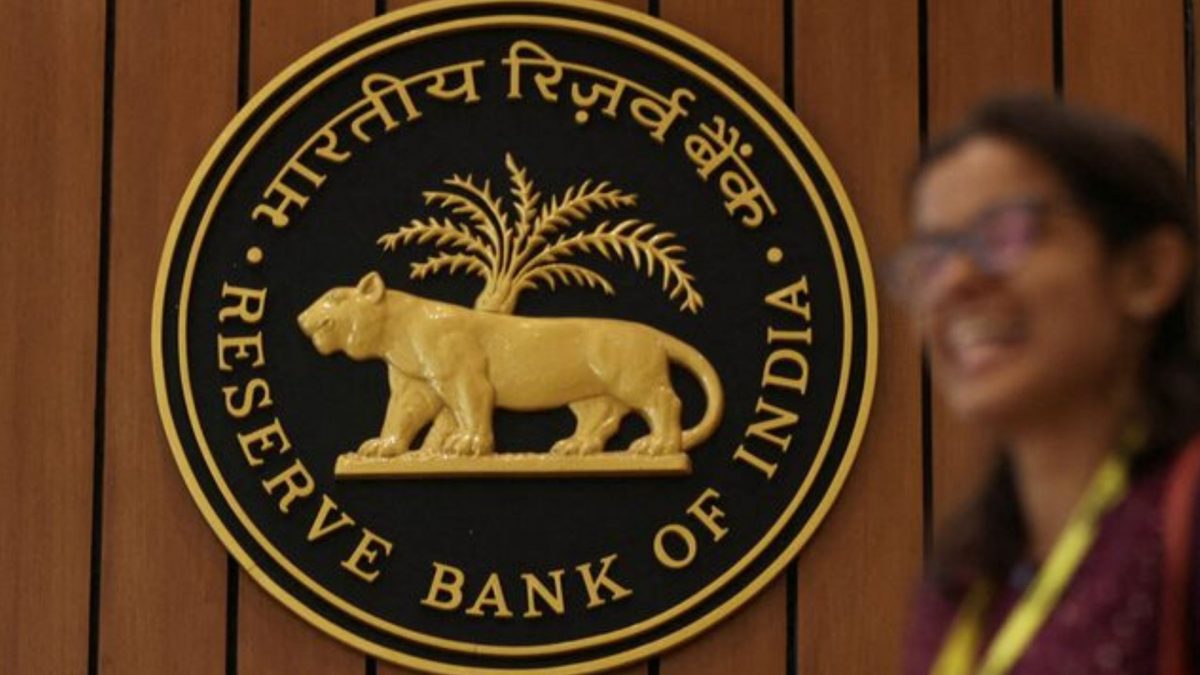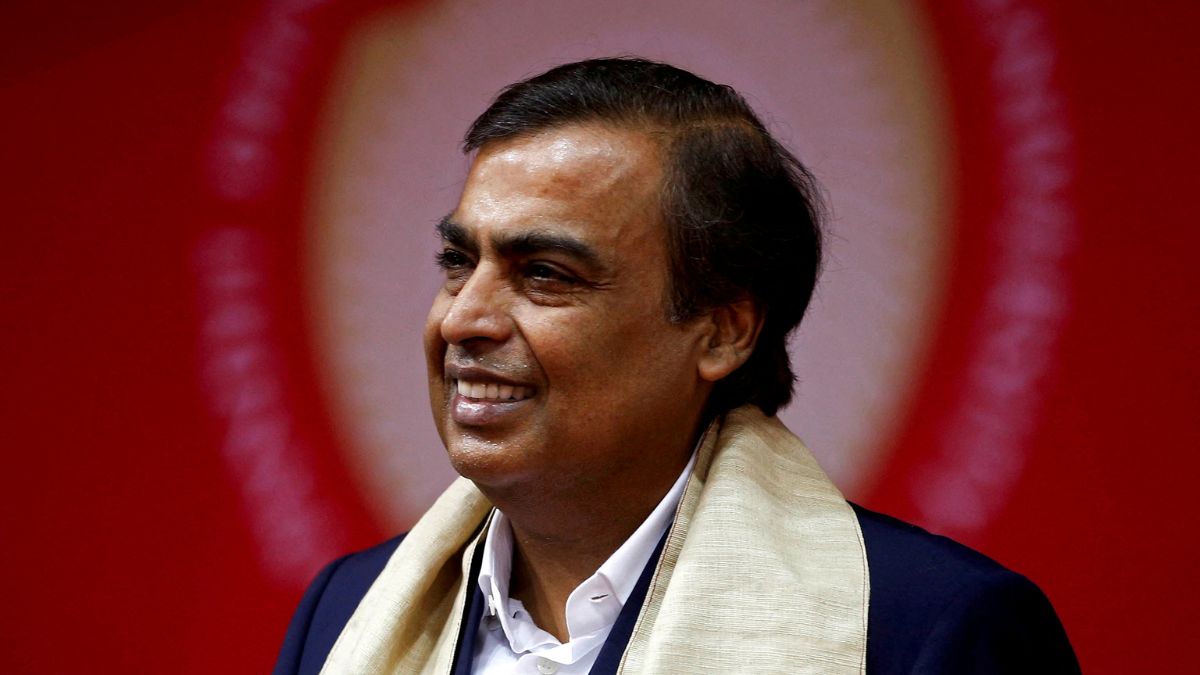The RBI has issued directive to all regulated entities, including commercial banks, cooperative banks, and non-banking financial companies (NBFCs) after it came across some of the ‘unfair practices’ by the lenders read more
)
A woman walks past the Reserve Bank of India (RBI) logo inside its headquarters in Mumbai. REUTERS
The Reserve Bank of India (RBI) has come across some of the “unfair practices” by the lenders and has issued a warning to them, asking them to review their practices regarding the mode of disbursal of loans, application of interest and other charges as well as take correct action.
The RBI said it “came across instances of lenders resorting to certain unfair practices in charging of interest” and therefore, to promote fairness and transparency in the lending sector, it has issued a directive.
The directive - ‘Fair Practices Code of Lenders - Charging of Interest’ - has been issued to all regulated entities, including commercial banks, cooperative banks, and non-banking financial companies (NBFCs).
4 ways lenders overcharge
1 - It was found that some of the lenders were charging interest from the date of sanction of the loan or the date of execution of the loan agreement rather than from the date of actual disbursement of the funds to the customer.
This increased the cost of borrowing as customers and customers were, therefore, paying interest on money they hadn’t received.
2 - The RBI said it came across instances where when loans were being disbursed by cheque, interest was charged from the date the cheque was handed over to the customer several days later.
These practices result in customers paying more than they should for borrowing money.
3 - India’s central bank further said in some instances of disbursal or repayment of loans during the course of the month, some Regulated Entities (REs) were charging interest for the entire month, rather than charging interest only for the period for which the loan was outstanding.
Here too, customers used to end up paying more interest than they should, as they were charged for days when the loan had already been repaid.
4 - It was also observed by the RBI that REs were collecting one or more installments in advance but reckoning the full loan amount for charging interest.
This resulted in overcharging as customers were paying interest on loan amounts they had not received or utilised.
How did RBI come to know about lenders’ ‘unfair practices’?
The directives by RBI came in response to the findings revealed during the onsite examination of REs for the period ended March 31, 2023. The bank said it found instances of lenders resorting to certain unfair practices including charging borrowers with excessive interest charges.
Umang Sharma is a media professional with over 12 years of experience. Crafting compelling content and using storytelling techniques are his strengths. His interest lies in national, global, political news and events. see more

 4 months ago
21
4 months ago
21
)
)
)
)
)
)
)
)
)
)
)
)
)
)
)
)
)
)
)
)
)
)
)
 English (US) ·
English (US) ·